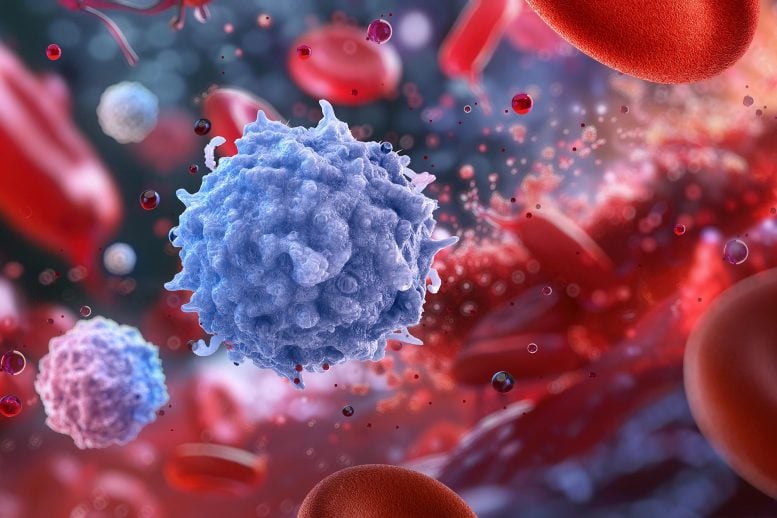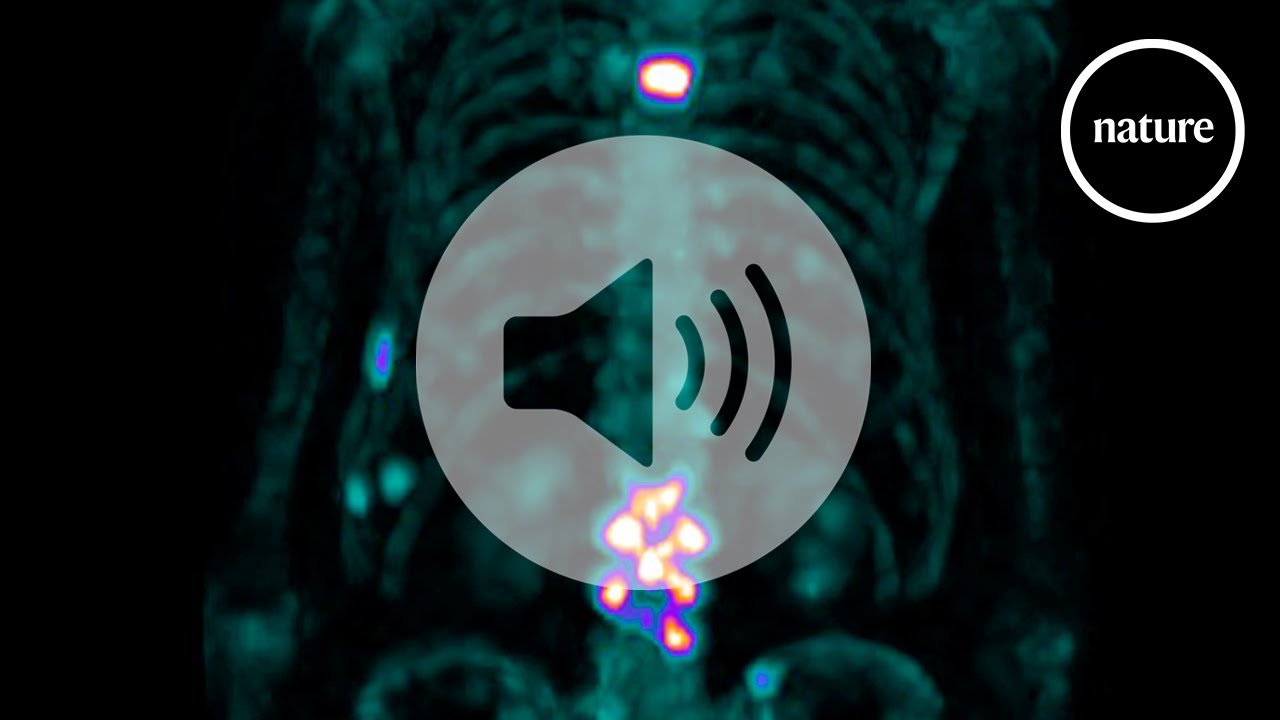A mutation in the small protein SHMOOSE is associated with Alzheimer’s risk and highlights a possible target for treatment.
By Beth Newcomb – USC Leonard Davis
A mutation in a newly discovered small protein is connected to a significant increase in the risk for Alzheimer’s disease, expanding the known gene targets for the disease and presenting a new potential avenue for treatment, according to a new USC Leonard Davis School of Gerontology study.
The protein, called SHMOOSE, is a tiny “microprotein” encoded by a newly discovered gene within the cell’s energy-producing mitochondria. A mutation within this gene partially inactivates the SHMOOSE microprotein and is associated with a 30% higher risk for Alzheimer’s disease across four different cohorts. Nearly a quarter of people of European ancestry have the mutated version of the protein, according to the researchers.
The research appears Wednesday, September 21 in the journal Molecular Psychiatry.




